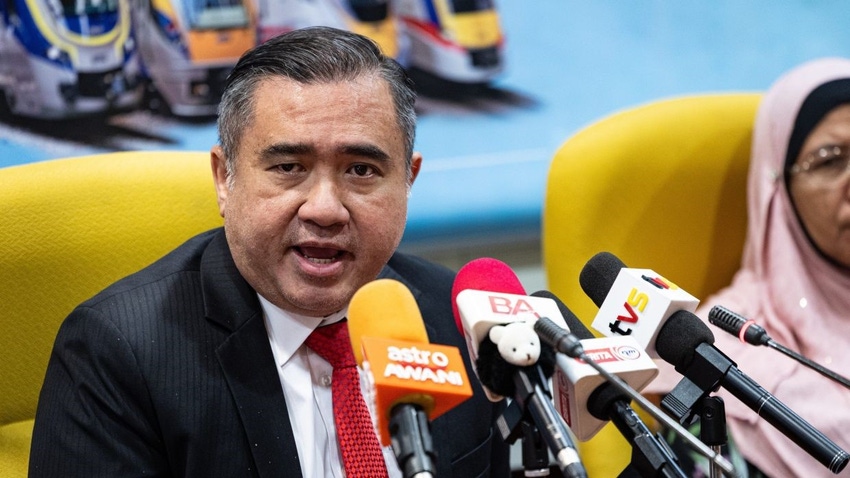Malaysia restores exemption allowing foreign ships to repair undersea cables
Malaysia hopes the restoration of the cabotage waiver will attract undersea cable projects and data center investments to the country.

The Malaysian government has reinstated the cabotage waiver allowing foreign vessels to repair undersea cables in its waters and expects the exemption to take effect within two months.
Transport Minister Anthony Loke told reporters on Friday in Kuala Lumpur that the government is looking at granting a permanent exemption.
"We concluded that one of the most important policy changes, as far as cabotage is concerned, is to allow the exemption for undersea cable repairs as this is important for IT and telco companies," Loke said.
"We will do everything necessary to ensure that there is certainty with this policy to attract more international investment – not just with undersea cables – but also data centers in Peninsular Malaysia, as well as Sabah and Sarawak," he added.
Cabotage rules govern shipping or trade activities in a country's waters or airspace.
Controversial move
Malaysia withdrew its permission for foreign vessels to conduct repairs of undersea cables in November 2020, citing need to develop the domestic shipping industry as well as the outflow of foreign funds via freight payments.
At that time, the move caused a heated debate across the country with members of the technology and investor communities expressing concern over the lack of proper consultation with relevant stakeholders before the cabotage waiver was withdrawn.
Specifically, critics argued that it could deter foreign investments and cause giant tech companies to exclude Malaysia from cable projects aimed at boosting regional Internet connectivity.
In September 2021, Facebook, Google, Microsoft and Amazon asked the government of Malaysia's then new Premier Ismail Sabri Yaakob for the reinstatement of the cabotage waiver. The tech giants were represented by Malaysia's national Internet exchange body, Malaysia Internet Exchange (MyIX), which is taking the lead on engaging with the government.
"Where's the harm in allowing tech giants to continue using foreign vessels for repair works while facilitating transfer of knowledge so the local [shipping] industry can develop," MyIX Chairman Chiew Kok told Reuters.
He pointed out that the situation would be different if the domestic shipping industry was more developed, with several companies having the required cable repair capabilities.
However, he added that there was only one Malaysian company in the industry and it lacked the capability.
Potential loss of up to MYR15 billion
The Malaysia Digital Economy Corporation (MDEC), a government agency under the Ministry of Communications and Digital, had similarly appealed in August 2021 for the restoration of the cabotage waiver reiterating the need to develop the country's digital economy takes precedence over the cabotage policy.
"The exemption from the cabotage policy for the [submarine cable] industry is the right thing to do…the cabotage policy is detrimental in making Malaysia the choice as an investment destination especially for high-value digital investment," said Datuk Wira Dr Rais Hussein Mohamed Ariff, who was then the MDEC chairman.
He cited industry sources who indicated that three new cables planned to be landing in Malaysia had been placed "under review" with suspension of the cabotage waiver – as were potential data center facilities valued between 12 billion Malaysian ringgit ($2.53 billion) and MYR15 billion ($3.17 billion) in foreign direct investments.
Read more about:
AsiaAbout the Author(s)
You May Also Like












